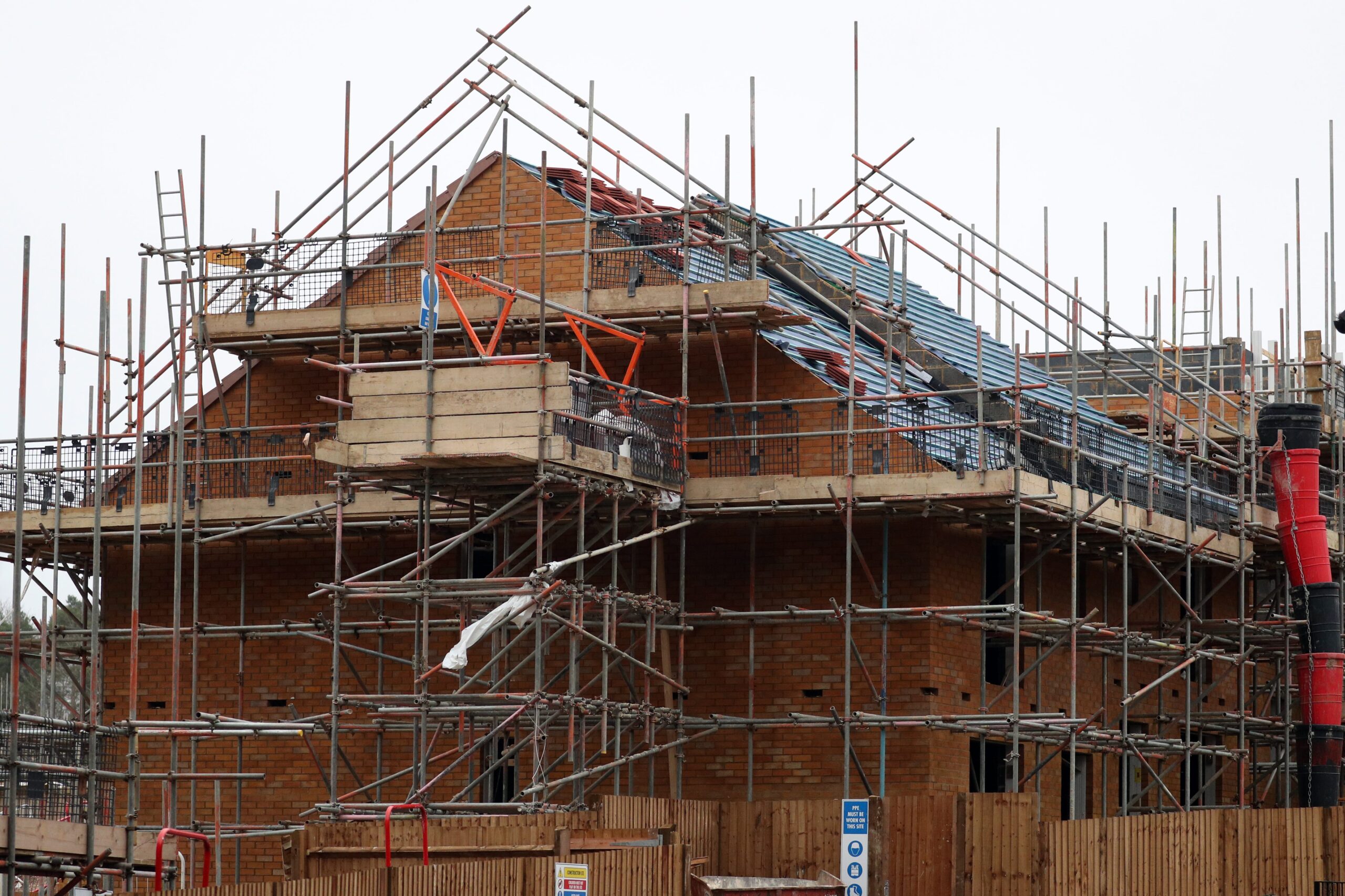First-time home buyers are becoming a rarity as a competitive and expensive housing market drives would-be homeowners into the rental market.
High mortgage rates and unaffordable home prices mixed have kept a lot of would-be buyers in the rental market.
According to data from the National Association of Realtors, there were 1.1 million first-time buyers last year – 380,000 fewer than the number of first time buyers in 2023, and almost half of the historical norm.
The Wall Street Journal reports that this year could be even worse for first-time buyers. Sales data through May suggest that the U.S. will see 40.3 million homes sold in 2025. That’s less than last year’s total sales, and 2024 saw the lowest number of homes sold in the U.S. since 1995.
The sales slowdown is most prominent among properties that cost less than $500,000, according to NAR data. New home buyers typically seek out homes in that price range.

The new-buyer slump can also be seen in how many homes are being built. In May, sales for new builds dropped by 6 percent when compared to the same month in 2024.
Builders have become more dependent on demand for starter homes requested by first time buyers. New buyers represent about 40 percent of the new home sales each year, according to the National Association of Home Builders. If crews are building less, it’s reasonable to assume there are fewer new buyers looking for a starter home.
As one might expect based on the trends outlined above, the number of renters has rocketed. The number of renter households in the U.S. has ballooned to a record 46 million, according to the Wall Street Journal.
A renter who wants to buy a home at today’s prices would need to earn $127,000 to afford the monthly mortgage repayments on a median-priced home, which is up from $79,000 in 2021, according to Harvard’s Joint Center for Housing Studies.
Only 6 million of the 46 million renters in the U.S. meet that requirement. Gen Z and Millennials in the U.S. have lower rates of homeownership than baby boomers did at the same period of their lives.
Without mortgage rates falling or a drop in property values — like what might occur in a recession — home ownership will likely remain an unrealized dream for many Americans for the foreseeable future.
